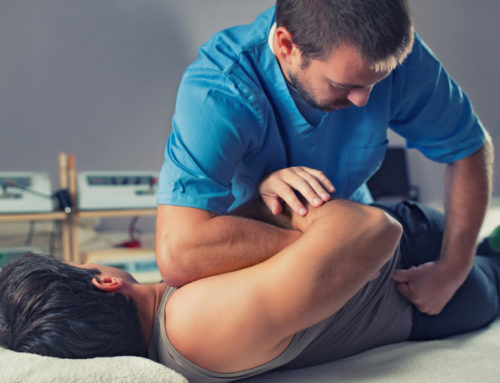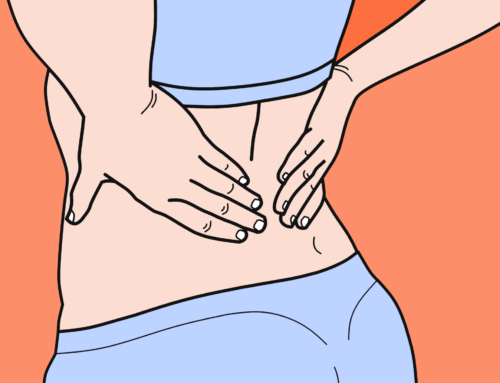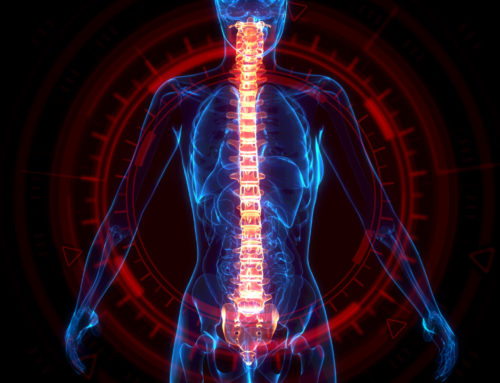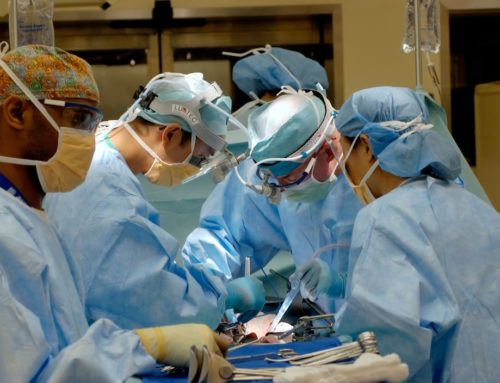Do you suffer from chronic lower back pain?
If so, you’re not alone. After all, most people spend so much time sitting at home and the office that lumbar spine discomfort becomes almost inevitable. This is especially true for anyone who spends many hours each day seated in front of their computer.
The result is a nation where an increasing portion of the populations has developed serious spine health issues, such as degenerative scoliosis. But you don’t have to live a sedentary lifestyle to suffer from severe lumbar spine pain. Here we take a look at lumbar spinal stenosis, what causes it, common symptoms, and treatment options from neurosurgery Nashville TN. Keep reading to learn more.
Understanding the Basics
Let’s start by discussing what this type of lumbar spine condition actually is.
The human spinal cord consists of a bundle of nerves inside a tunnel in your spine formed by vertebrae. This tunnel through the spine is called the spinal canal. Stenosis is the narrowing of this tunnel, which puts pressure on the nerves that go to your spinal cord and muscles.
Where Spinal Stenosis Occurs
Spinal stenosis is most common in the lower back, although it can occur anywhere in the human spin. When this condition occurs in your lower lumbar, you’ll notice that you have trouble leaning forward or walking distance without experiencing severe pain.
When you start feeling this type of pain, it’s time to contact the best neck surgeon in your area.
What are the Causes of Lumbar Stenosis?
In most cases, conditions like degenerative scoliosis and stenosis are caused by osteoarthritis. This is a term that refers to the gradual wear and tear on your joints over the years.
It’s important to keep in mind that osteoarthritis typically begins to develop in people over 50. Women who are age 50 or over are particularly at risk of developing spinal stenosis. In fact, they are far more at risk than men of the same age.
Additional conditions and circumstances that often cause lumbar stenosis include the narrowing of the spinal canal, spinal tumors, certain bone diseases, spinal injuries, past spinal surgeries, and rheumatoid arthritis.
Experienced spinal surgeons near me like the spine surgery center in Nashville can help diagnose the problem.
Treatment Options
Lumbar stenosis will continue to get worse until you seek treatment. That’s why you need to consult with the best neurosurgeon in Nashville as soon as possible.
Treatment options for this condition include surgery, anti-inflammatory medicines, acupuncture, and steroid injections that help reduce swelling in the spine.
A Guide to Understanding Lumbar Spinal Stenosis
It’s no secret that spine pain can make life miserable. That’s why you need to seek surgical treatment as soon as possible so that you can enjoy an active and pain-free lifestyle. Fortunately, this guide to understanding lumbar spinal stenosis will help get started on the path to healing.
Please contact us today to make an appointment with one of our lumbar spine health specialists.






